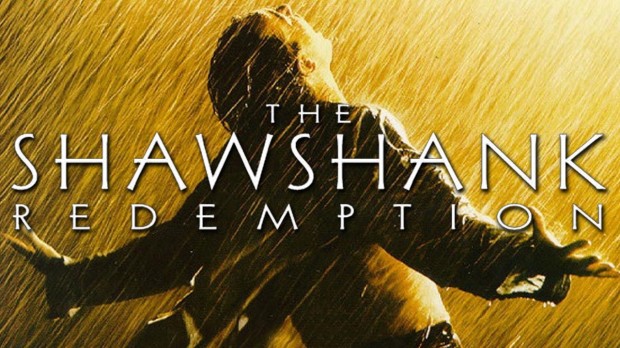What makes a film a cult classic?
First and foremost, it takes a good screenplay/story. Second, a passionate fan base. Third, next to no box office profit.

When an un-marketed film hits the theatres
This third point is bothersome. No profits means studios will refrain from making more films of that fashion, regardless of how good it is. They often don’t receive sequels,or in the rare case that they do, it only happens later on in life due to post- release sales and the high praise the fan base has given it. Basically, if it’s considered a cult classic, it didn’t make any money upon release, which is obviously bad.
But how does this happen? I mean if it’s a cult classic, that must mean it’s good. So why isn’t it making money in the box office? Simply put, bad ,or even no marketing,advertisement and public relations. Some cult classics have a valid excuse.They were an independent movie and didn’t have a big enough budget to afford a decent marketing campaign. A great example of this is the movie Clerks.

Poster for the movie “Clerks”
For those of you who don’t know, Clerks is an independent movie by Kevin Smith that was released in 1994. The budget for clerks while filming in 1993 was a only a little over $27,500. Considering that it had about $3 million in profits, it did pretty good for itself, but is not considered a “successful” movie. In this scenario, we can’t blame Kevin Smith for not paying for a lot of marketing or advertising for the movie, he couldn’t even afford to film the movie in colour ( yes, it’s a black and white film).
Anyone who has seen this movie can tell you that the dialogue is on point and it can relate to anyone who has ever had a “clerk” type job. It is loved by its fanbase for a reason. But, is not as well known as it should be. Had it had more funding for promotion, it could have easily become a world-renowned movie. If you have seen it, then you know it should have made much more money.
Some cult classics don’t have such a valid reason to have been unsuccessful in the box office. A prime example is The Shawshank Redemption. That’s right, one of the highest rated movies of all time is, by definition, a cult classic.

Famous scene from ” The Shawshank Redemption”
With a budget of $25 million, it only made just over $725 thousand its opening weekend in 1994. But with outstanding reviews and its gained popularity through VHS and DVD sales, its gross income, as of 2012, is over $28 million. Hard to believe such a popular and beloved movie did so poorly in the box office, but it’s true.
This is why marketing,advertising and public relations is so important in the film industry. These amazing movies didn’t make a lot of money at first, and this is cause for concern for the film industry. Especially when poorly rated movies make a killing at the box office. The production companies are only after making money, and when good movies like these don’t make any, then there won’t be any more movies like them made again.
With proper marketing,advertising and public relations, these movies can be successful. Once that happens, we won’t only have poorly written action movies with big explosions and plot holes in theatres, but good stories with depth and meaning.
These cult classics were lucky they got the recognition they deserved, but imagine all the great movies that no one knows about because of a lack of good promotion. Maybe you’ll never see your favourite movie because you’ve never heard of it, and never will.
Alex Belanger



